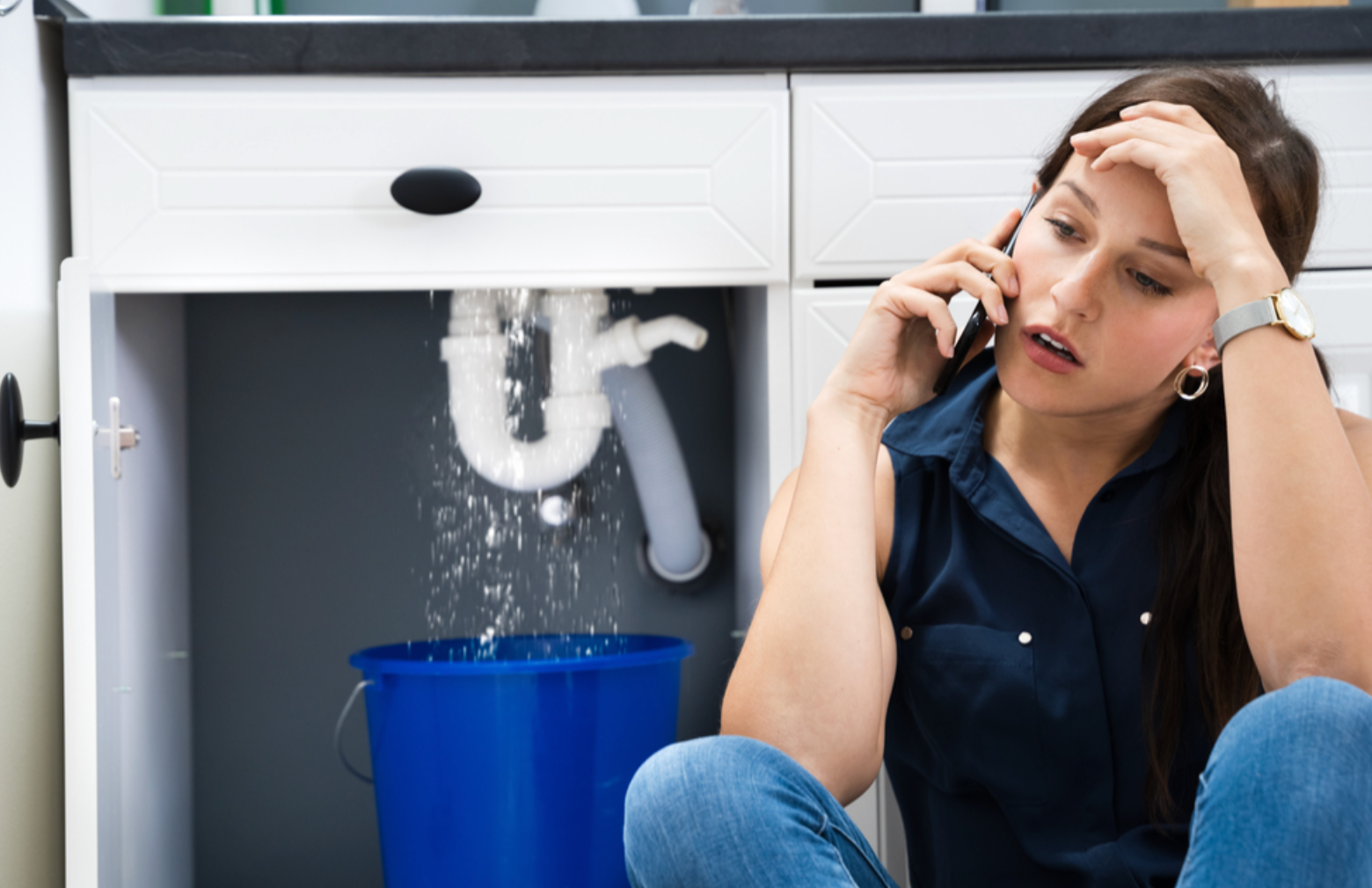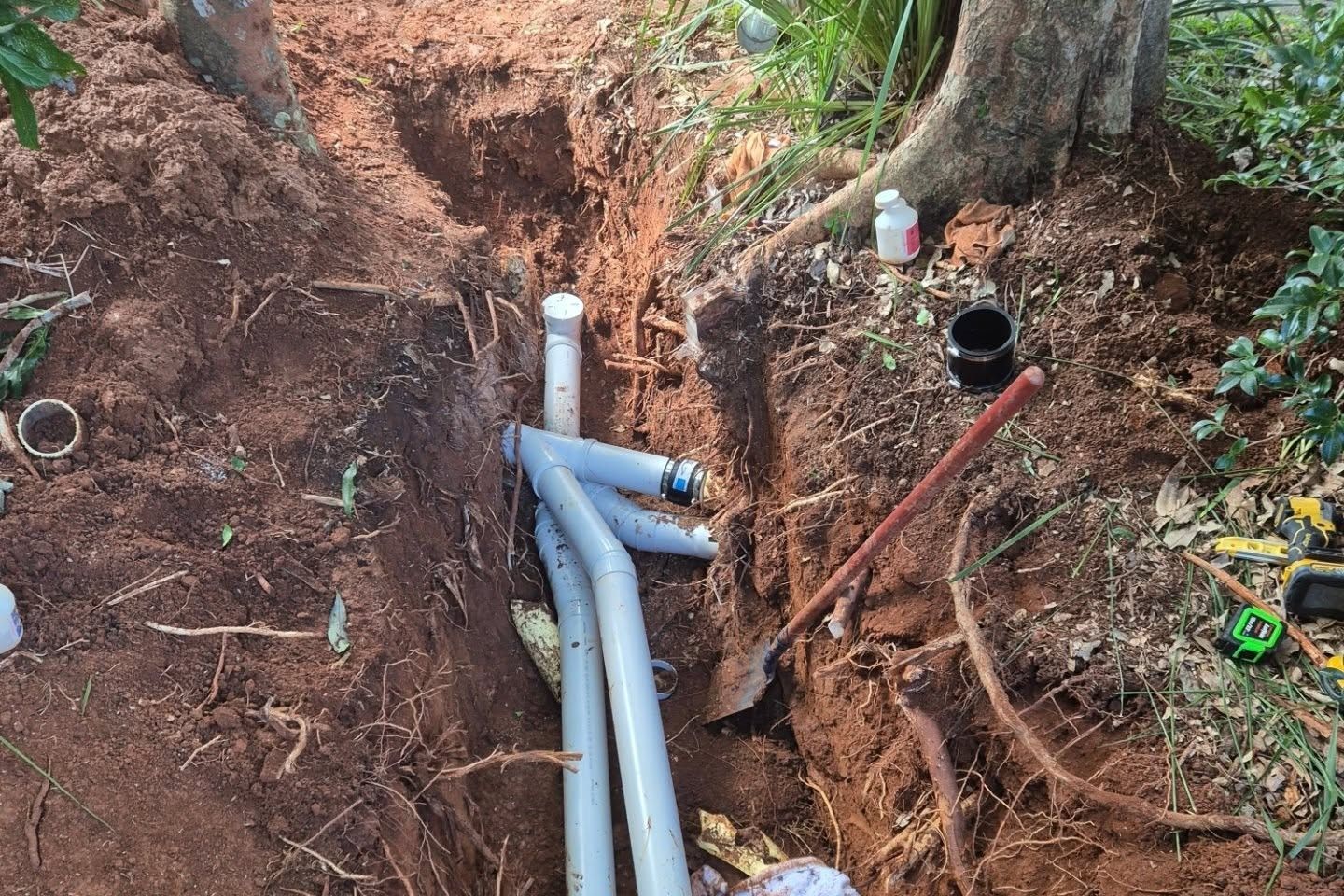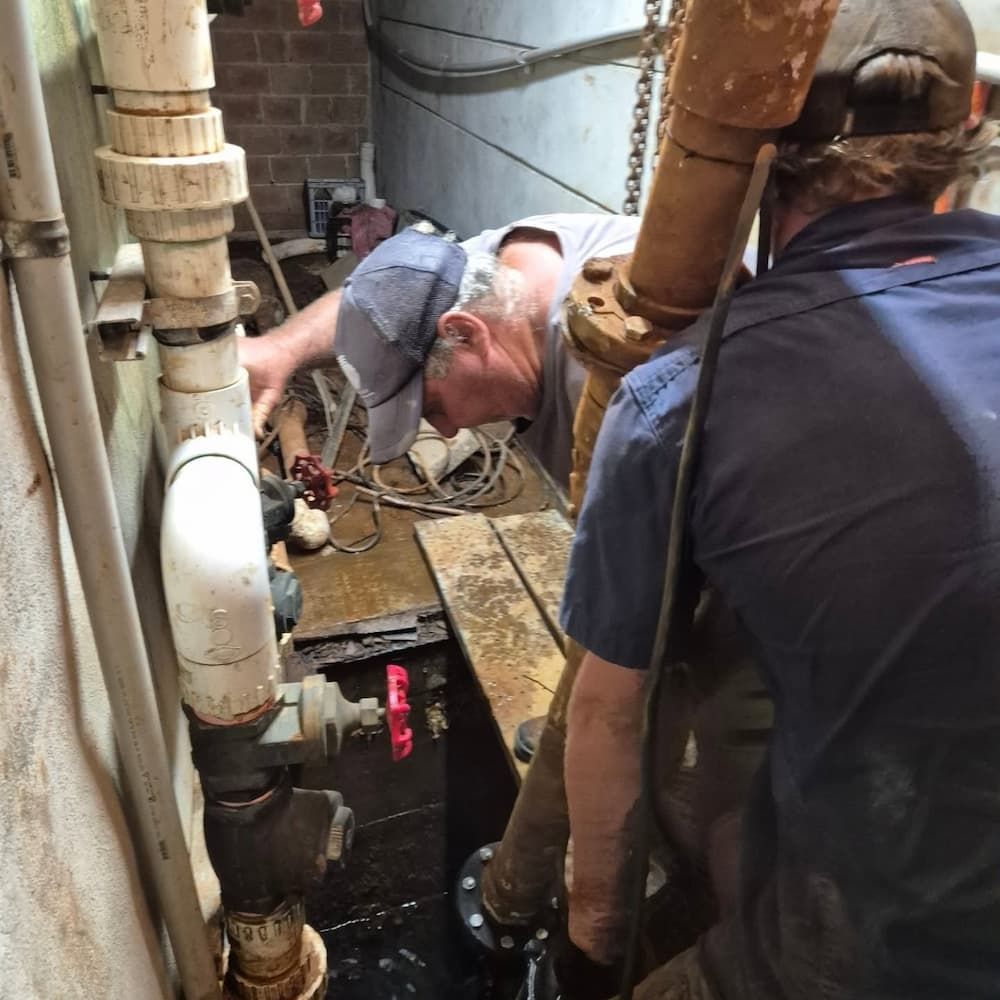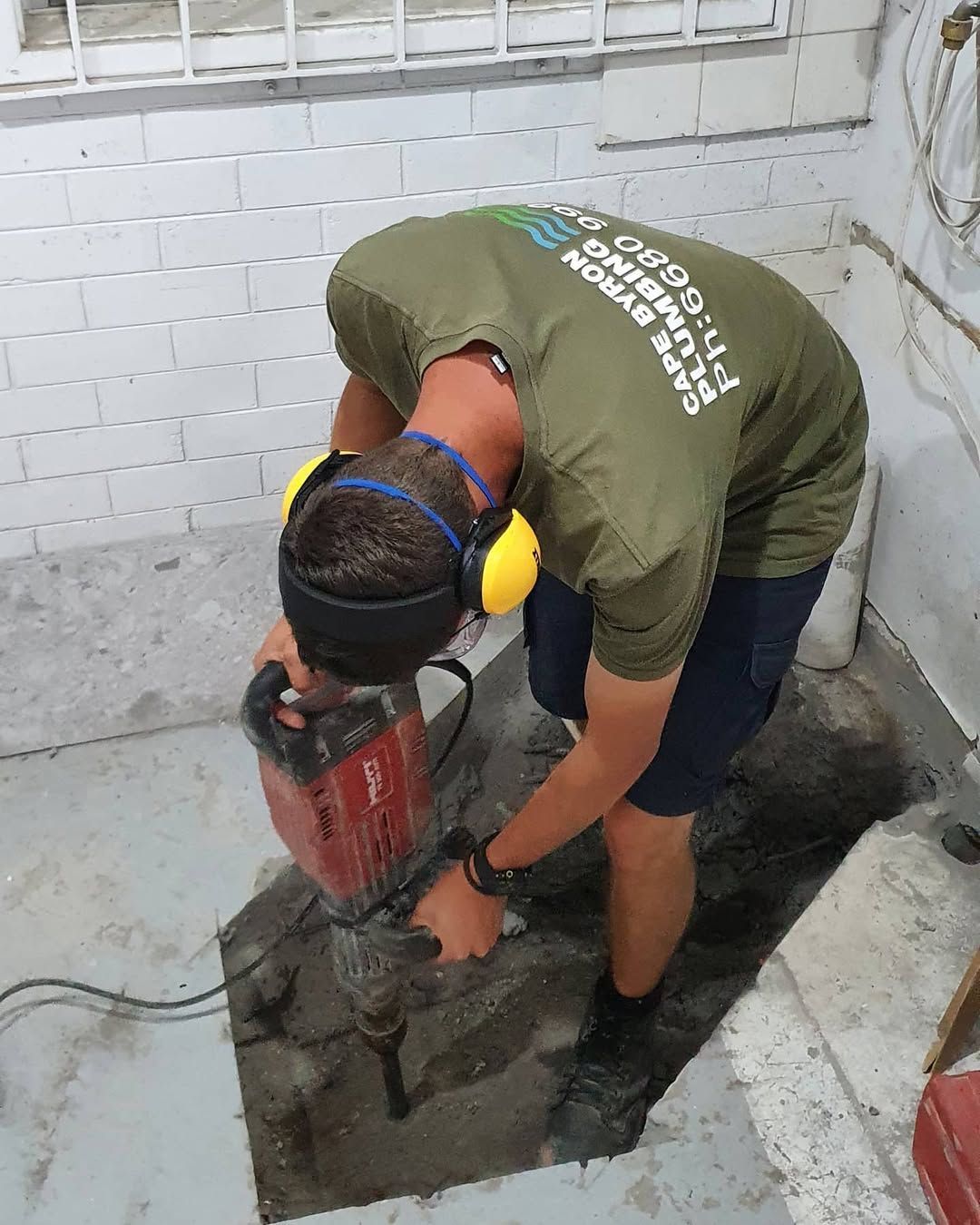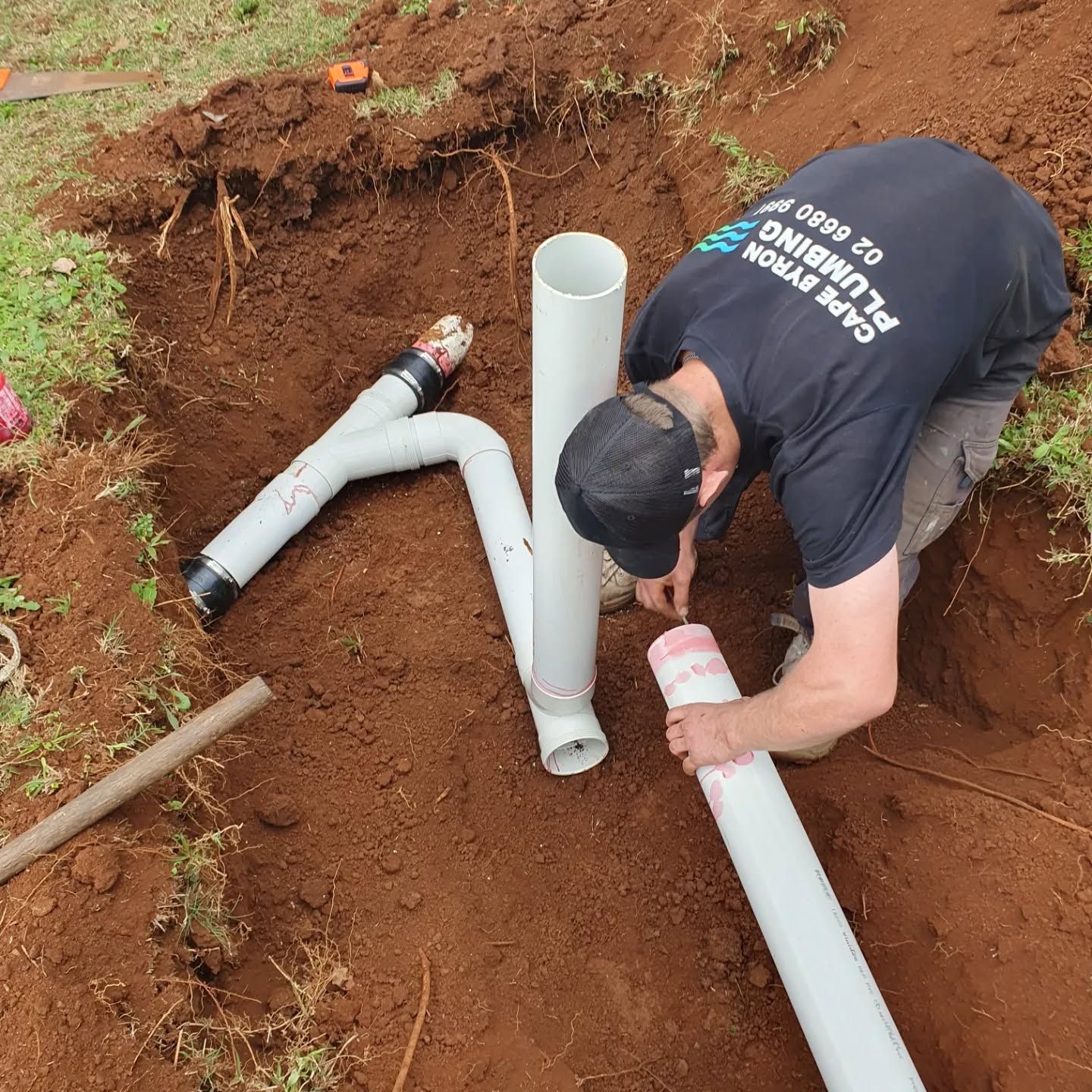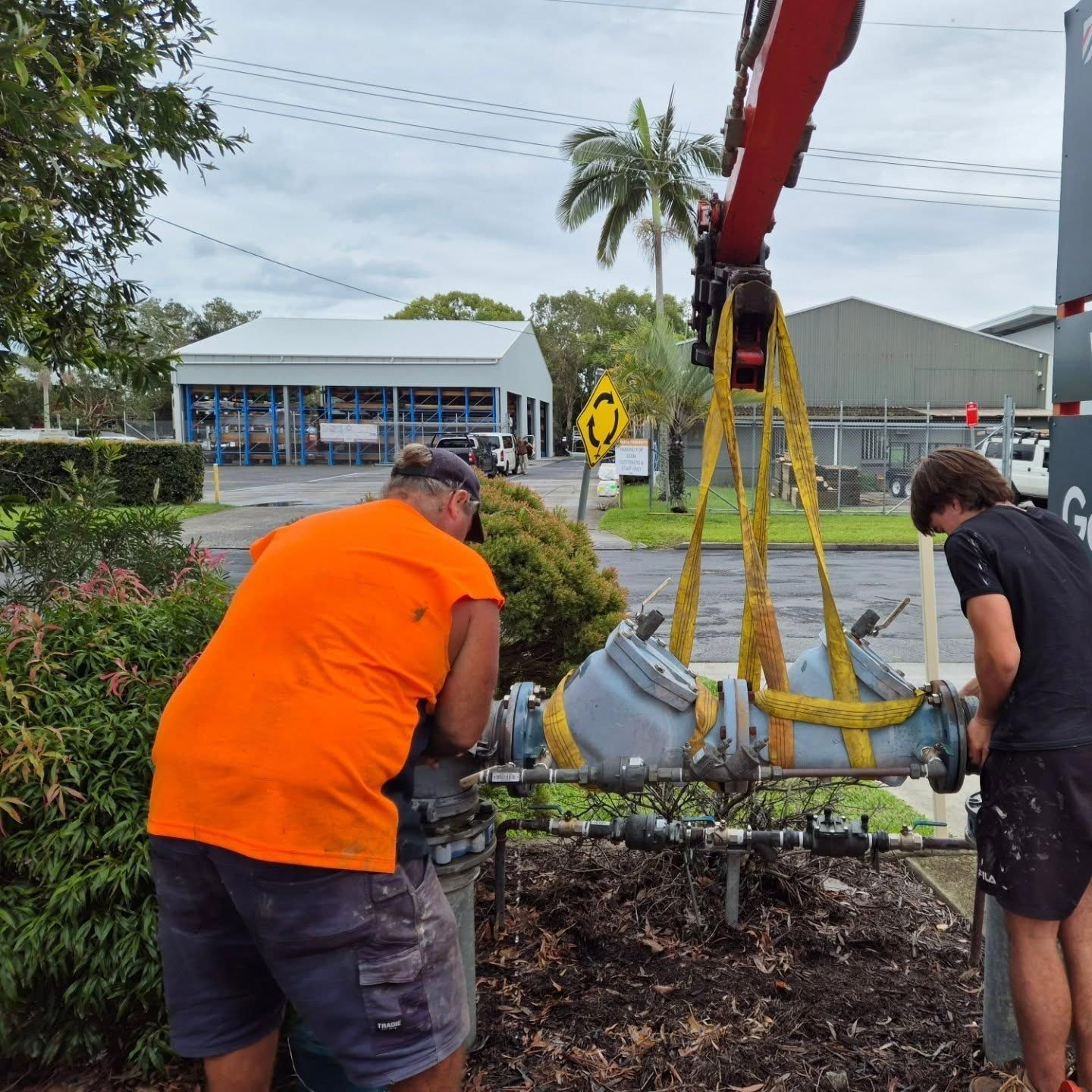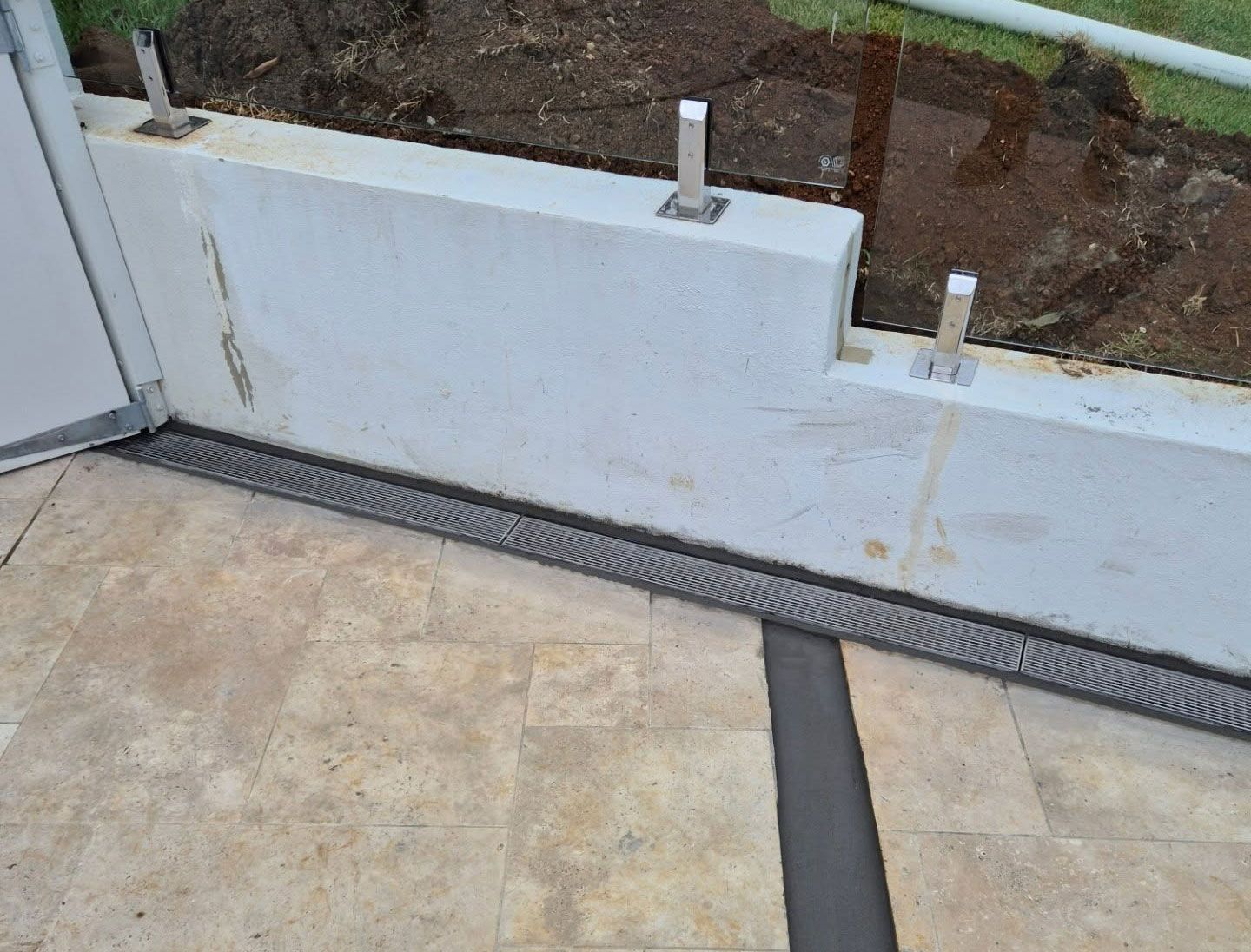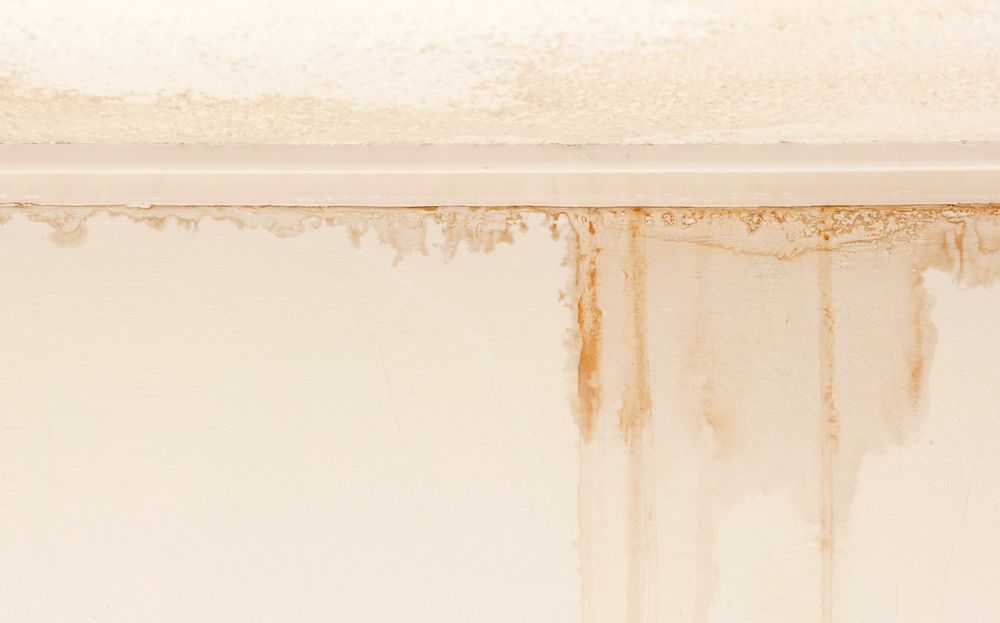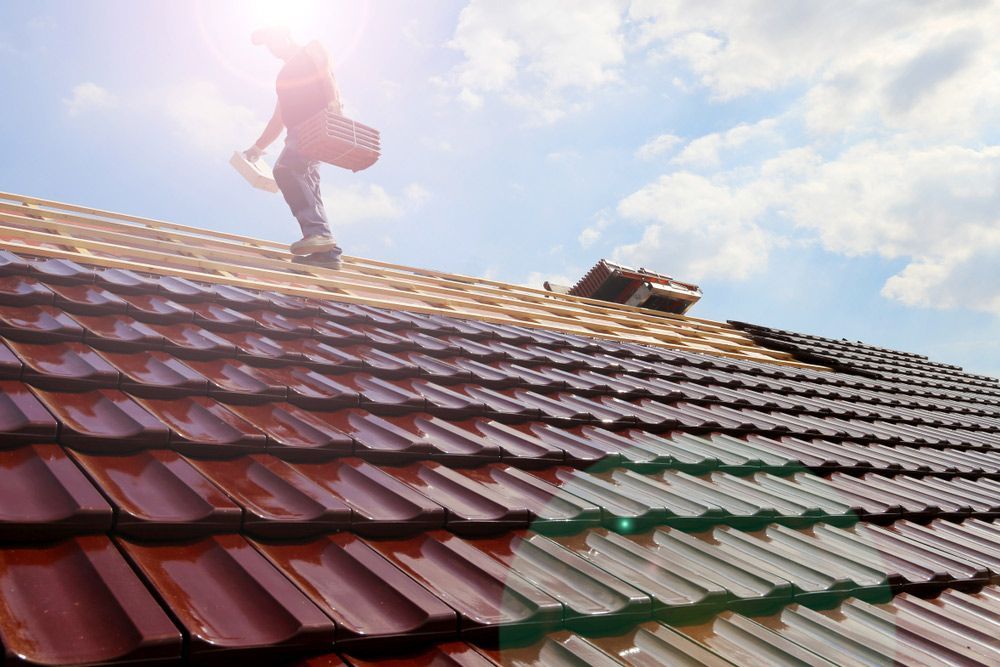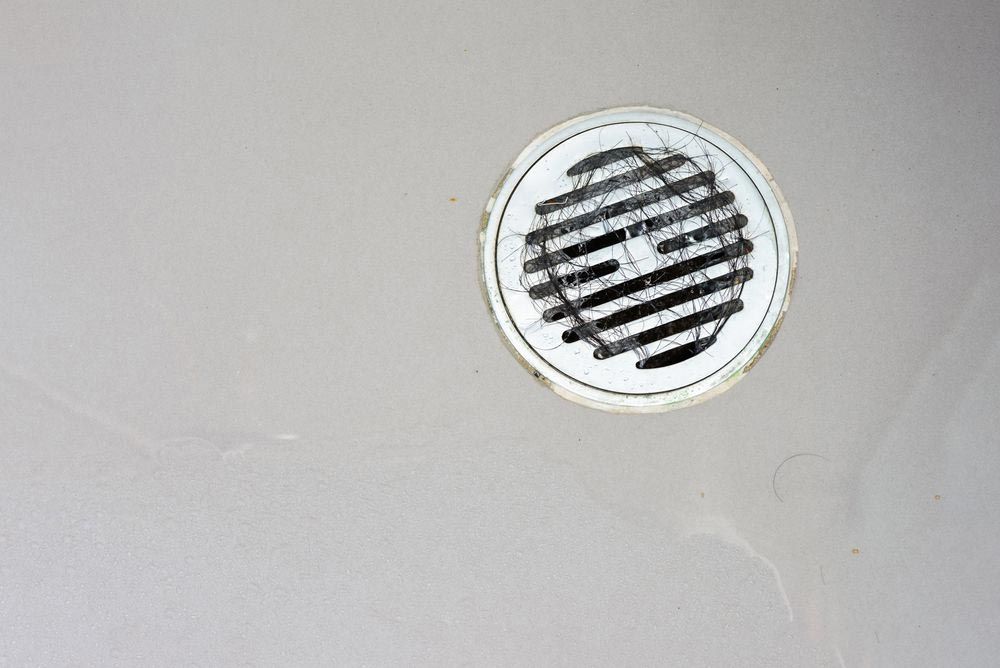How to Tell If You Have a Hidden Water Leak
Most water leaks don’t come with a splash. They happen quietly behind walls, under floors or in slabs, gradually driving up your water bills and damaging your home’s structure without warning. Being able to spot the signs of a hidden leak is critical. Early intervention prevents expensive repairs and helps maintain a safe, dry and mould-free living environment. In this blog, we’ll explore the most common signs of hidden water leaks and why calling a local plumber is essential rather than attempting any DIY fix.
Unexplained Water Bill Increases: The First Red Flag
If your water usage hasn’t changed but your water bill suddenly spikes, it strongly indicates something is amiss. Hidden leaks often escape notice because they release water slowly but steadily over time. These leaks continue undetected, gradually increasing your monthly utility costs.
Watch for these clues:
- Your bill is noticeably higher without seasonal water use changes.
- Water meter continues running even when taps and appliances are off.
- You’ve ruled out visible leaks like dripping taps or hose connections.
Before the issue escalates, it’s wise to have a professional plumber assess your system using non-invasive leak detection tools.
Moisture Marks & Mould: Surface Clues with Serious Roots
Discolouration, blistered paint, or sudden mould spots are often the first visible signs of a leak hidden within walls or ceilings. Even small amounts of moisture trapped behind a surface can cause ongoing dampness and microbial growth.
Be alert to the following:
- Brown or yellow water stains on ceilings or upper walls
- Peeling, bubbling, or warped paint and plaster
- Mould forming in corners, behind furniture, or along skirting boards
These signs may appear gradually and often aren’t linked by homeowners to a plumbing issue. However, even minor surface dampness could result from pipe failure concealed behind walls or floor cavities.
Musty Odours That Linger: When Smell Signals a Leak
A persistent musty smell is one of the more subtle but equally serious indicators of hidden water leaks. This scent results from consistent moisture buildup, which supports fungal and bacterial growth over time.
Common areas where odours arise:
- Bathrooms or laundries, particularly near cabinetry and fixtures.
- Spare rooms with little airflow that have hidden wall plumbing.
- Beneath sinks, vanities, or inside wall cavities.
If ventilation and cleaning don’t resolve the odour, water has likely been accumulating somewhere it shouldn’t. A plumber can use moisture detection devices to locate the source before decay.
Drop in Water Pressure: A Functional Warning
Experiencing a sudden drop in water pressure, particularly when more than one tap is used, can point to a hidden leak drawing pressure away from your fixtures. Over time, even a small breach in a pipe can significantly impact your household’s water performance.
Signs to watch for:
- Inconsistent water pressure across different areas of the home.
- Hot water runs weak while cold water is unaffected (or vice versa).
- Fluctuations occur when other appliances like washing machines or dishwashers are running.
Low pressure caused by hidden leaks is often overlooked until it becomes a daily frustration. Prompt inspection helps isolate whether the issue is internal or external.
Sound of Running Water When Everything’s Off
If you hear water running when all taps and appliances are off, this is a tell-tale sign of a concealed leak. These sounds can occur behind walls, under floorboards, or near the hot water system, particularly at quiet times at night when ambient noise is reduced.
Pay attention to:
- Hissing, dripping, or rushing sounds near plumbing points.
- Noise from slab foundations, where hot water lines may be leaking.
- Unexplained sounds from bathrooms or laundries when not in use.
A licensed plumber can use acoustic sensors to trace the origin without damaging walls or floors unnecessarily.
Cracked Walls or Uneven Flooring: Structural Symptoms
Persistent leaking can lead to more than just high bills and damp patches. Over time, water intrusion can destabilise building materials, especially timber, plaster, and concrete. If left untreated, it may result in cracks, swelling, or warping.
Look out for the following signs:
- New cracks are forming in internal walls or cornices.
- Tiles lifting, timber floors cupping, or laminate swelling.
- Soft or spongy areas beneath carpet or vinyl flooring.
Structural damage from water leaks is often expensive to repair, and delaying professional intervention can turn a minor leak into a major restoration project.
Garden Areas That Never Dry: External Leaks in Action
Leaks don’t just occur inside the home. Broken or corroded outdoor pipes can cause soggy patches in the yard, overgrowth, or sinking ground. These issues are easy to misinterpret as normal irrigation or drainage problems.
Signs of external plumbing leaks include:
- Puddles forming near garden taps or where no irrigation exists.
- Constantly damp patches or moss growth in shaded areas.
- A water meter spins when all indoor water is turned off.
External leaks can also threaten foundations, especially when water migrates toward the building’s base. Professional location equipment can pinpoint leaks before excavation is necessary.
Choosing the Right Plumber Near You for Leak Detection
Finding the right plumbing professional isn’t just about convenience—it’s about ensuring the job is done properly and thoroughly. Hidden leak detection requires precision and experience, so it's important to work with a local team that understands your region’s plumbing infrastructure and construction trends.
Tips for selecting a plumber:
- Look for licenced professionals offering leak detection services
- Ask about their equipment and detection techniques
- Choose a plumber servicing your area
- Look for plumbers offering emergency services in case the leak is urgent
The sooner you book an inspection, the more likely it is that damage will be minimal and repair straightforward.
Don’t Let a Hidden Leak Turn Into a Home Disaster
At Cape Byron Plumbing, we understand the serious risks that hidden water leaks pose to your property and peace of mind. Whether you’ve noticed a musty smell, a climbing water bill or suspicious wall damage, our emergency plumbers in Byron Bay are here to help. With advanced leak detection tools and years of local experience, we service Ballina and nearby areas including Byron Bay, Bangalow and Mullumbimby.
In addition to comprehensive plumbing and leak diagnostics, we supply and install a wide range of rainwater tanks. From poly and concrete to Colorbond and stainless steel units, we install 10,000 to 25,000 litre tanks as standard, and can source most popular brands on the market to suit your needs. Contact us today!

